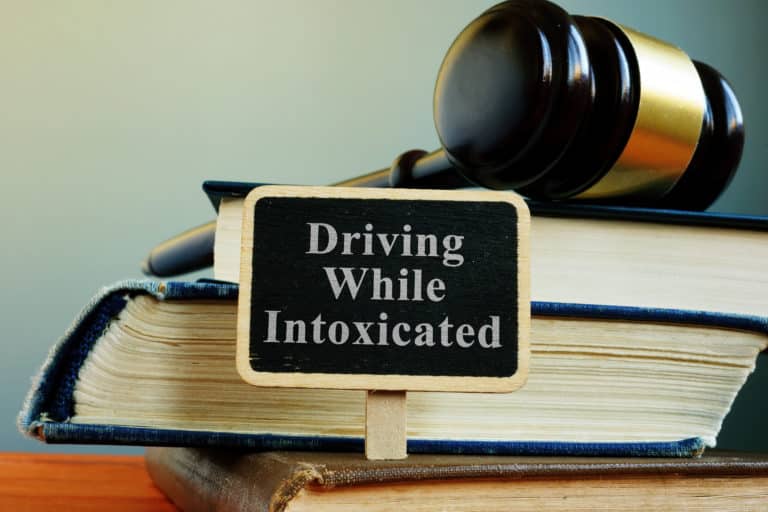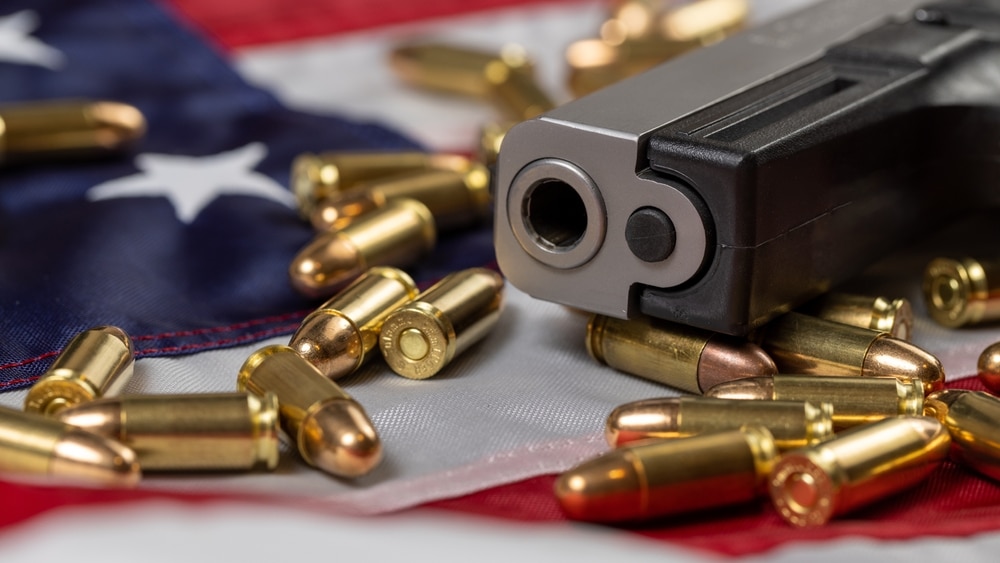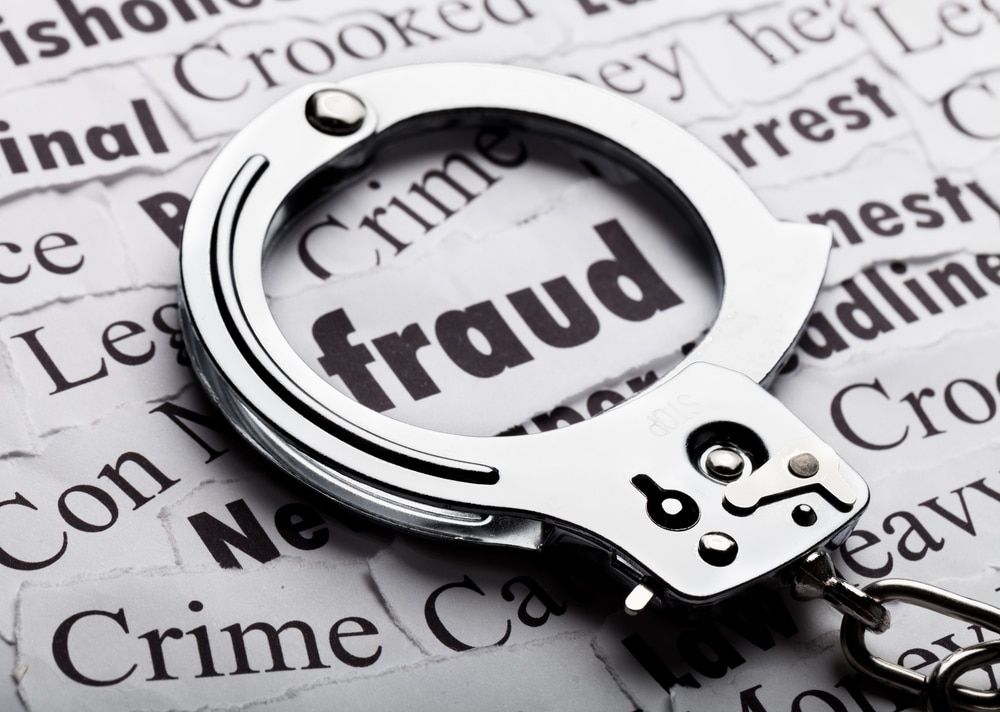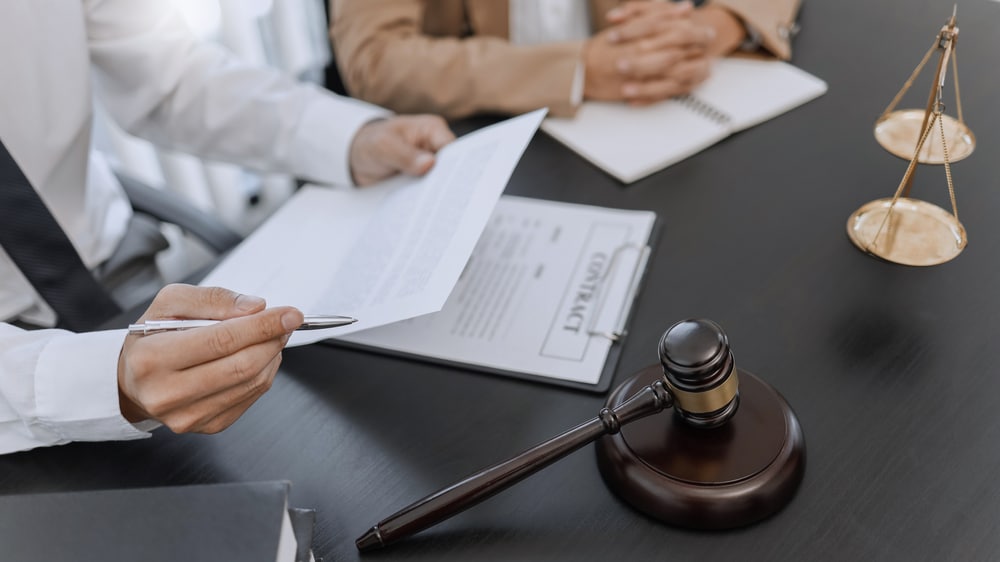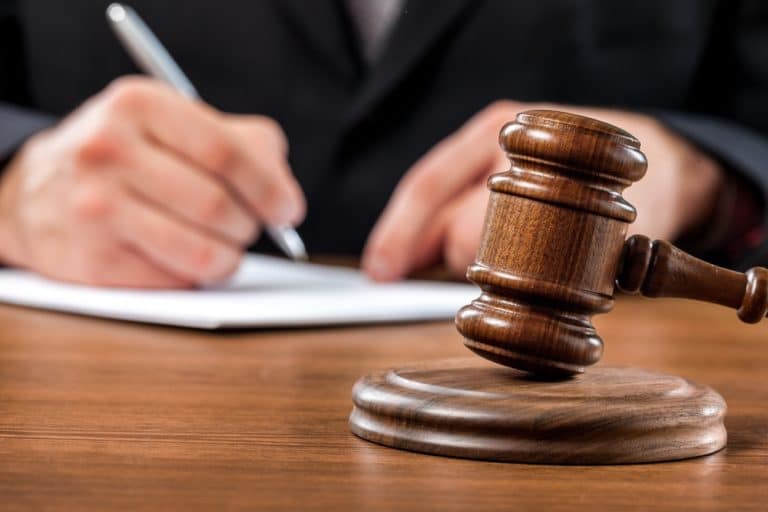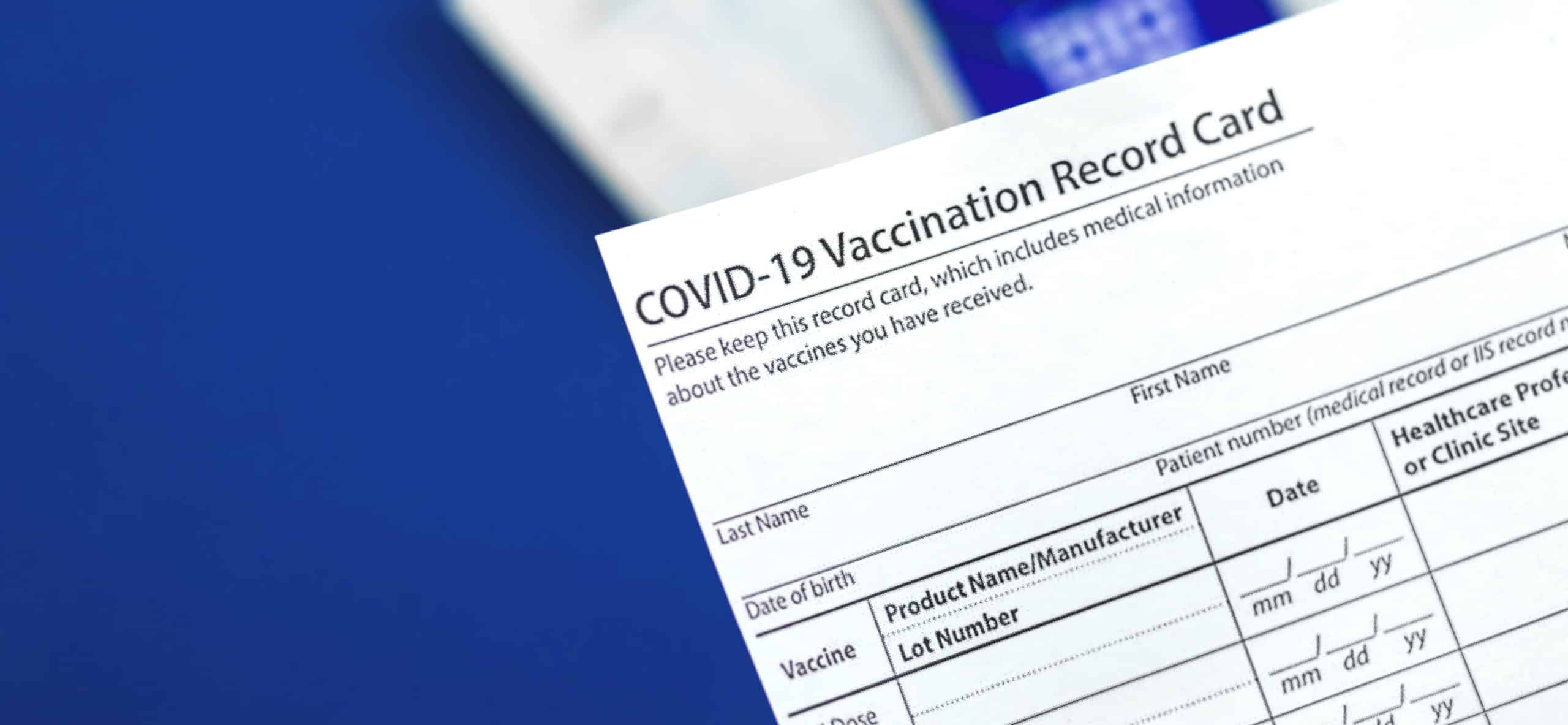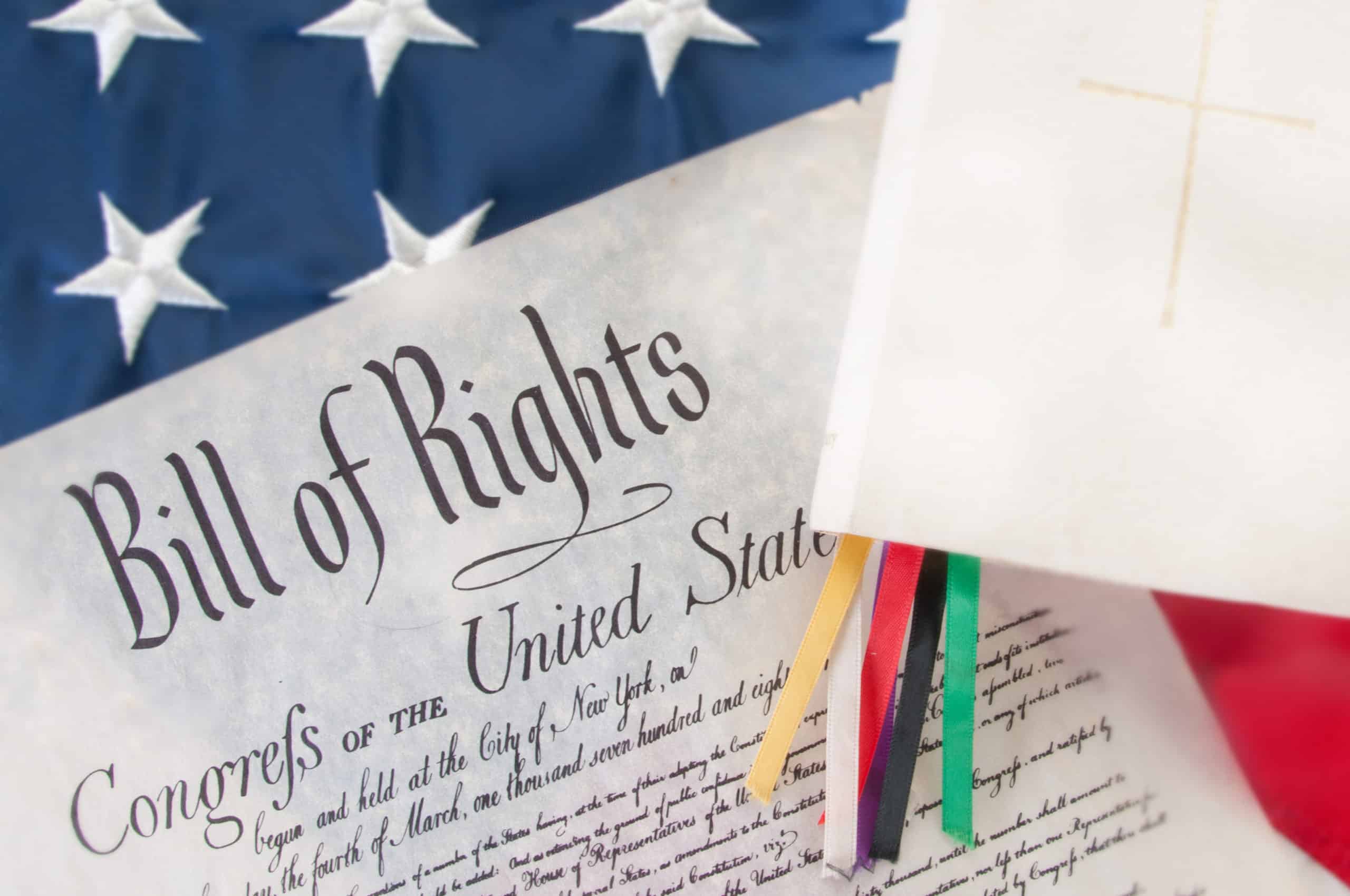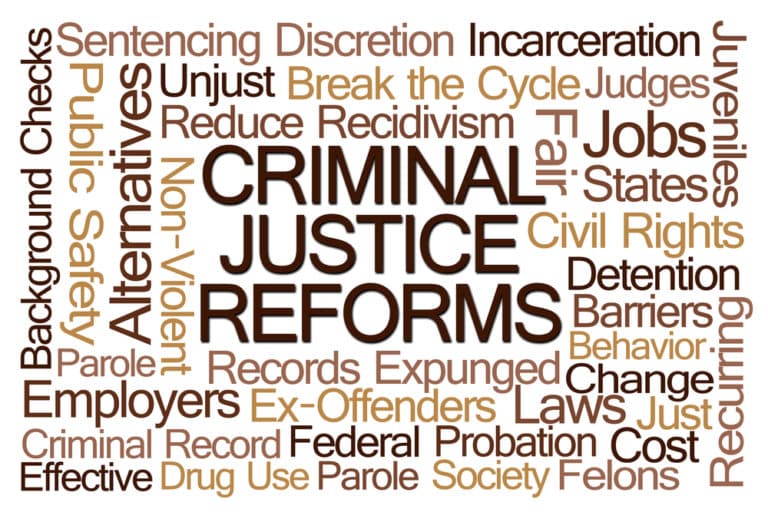On September 1, 2022, a new concealed carry law went into effect in New York following the United States Supreme Court’s decision in New York State Rifle and Pistol Association v. Bruen. Holding that New York’s “proper cause” requirement violated the Second Amendment,...
INSIGHTS
Use of Chemical Tests in New York DWI Cases
Chemical tests play a major role in DWI cases. Critically, there are typically three tests used in New York DWI cases to determine an individual’s blood alcohol content: blood tests, breath tests, and urine tests. While portable breath tests are commonly administered...
What’s the Difference Between a DWI and a DWAI?
Drinking and driving is a serious matter that can result in severe consequences. However, not every alcohol-related driving offense is charged as a DWI. Driving While Ability Impaired (DWAI) is a lesser charge that can be brought by prosecutors in some cases. Although...
What is Criminal Possession of a Firearm in New York?
Criminal possession of a firearm in New York is a serious crime. While this offense was once charged as a misdemeanor, as of March 2013, it can be charged as a class “E” felony. If you are arrested for unlawfully possessing an unregistered firearm, a conviction can...
New York White-Collar Crimes and Penalties
White-collar crimes, sometimes also referred to as economic crimes, are financially motivated offenses that can be committed by individuals, businesses, or professionals. These types of crimes are often classified as serious felonies in New York — and a conviction can...
What Are the Penalties for a DWI in New York?
Getting behind the wheel if you’ve had too much to drink can have devastating consequences on your life and livelihood. Not only can a DWI conviction have an impact on your reputation in the community, but the long-term effects and legal ramifications can be severe....
Should a Defendant Testify at Trial?
A big question for many criminal defendants is whether they should take the witness stand. Particularly when the defendant is innocent, they often feel compelled to testify in order to tell the jury that they didn’t commit the crime with which they’ve been charged....
5 Steps to Building a Strong Criminal Defense
If you’ve been charged with a crime, it’s crucial to build a strong case and develop an effective defense strategy. Although facing a criminal accusation can be stressful and overwhelming, it’s important to understand that you are innocent until proven guilty — you’re...
What is the Burden of Proof in a Criminal Case?
Under the protections provided by the Due Process Clause of the United States Constitution, a defendant in a criminal case is presumed innocent until proven guilty. Importantly, the prosecution must meet a substantial burden of proof to obtain a conviction — they must...
Understanding NYC Criminal Charges For Buying & Selling Fake Vaccination Cards
Selling, duplicating or buying a fake a government-issued vaccination card is a serious offense, particularly during a global pandemic. COVID-19 vaccination cards are issued by the United States Centers for Disease Control and Prevention (CDC), and there are a...
What is the Exclusionary Rule?
In the criminal justice system, specific rules are in place to protect the Constitutional rights of the accused. Courts apply a doctrine known as the "exclusionary rule" to prevent the prosecution from using evidence obtained through illegal search and seizure. Under...
Will Proposed Federal Reforms to Drug Crimes and Sentencing Impact Your Case?
It is important to understand how proposed reforms from the White House can impact current and future NY criminal defendants at the local, state and federal levels. As seasoned NYC criminal defense lawyers, D’Emilia Law is taking note of new approaches to drug...


